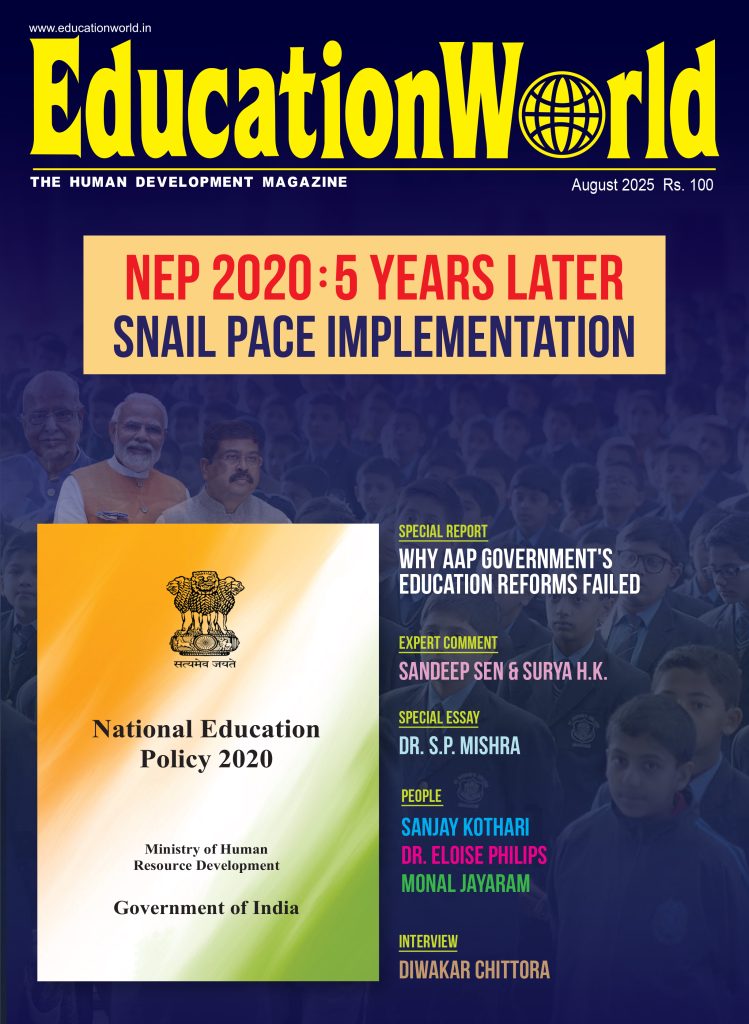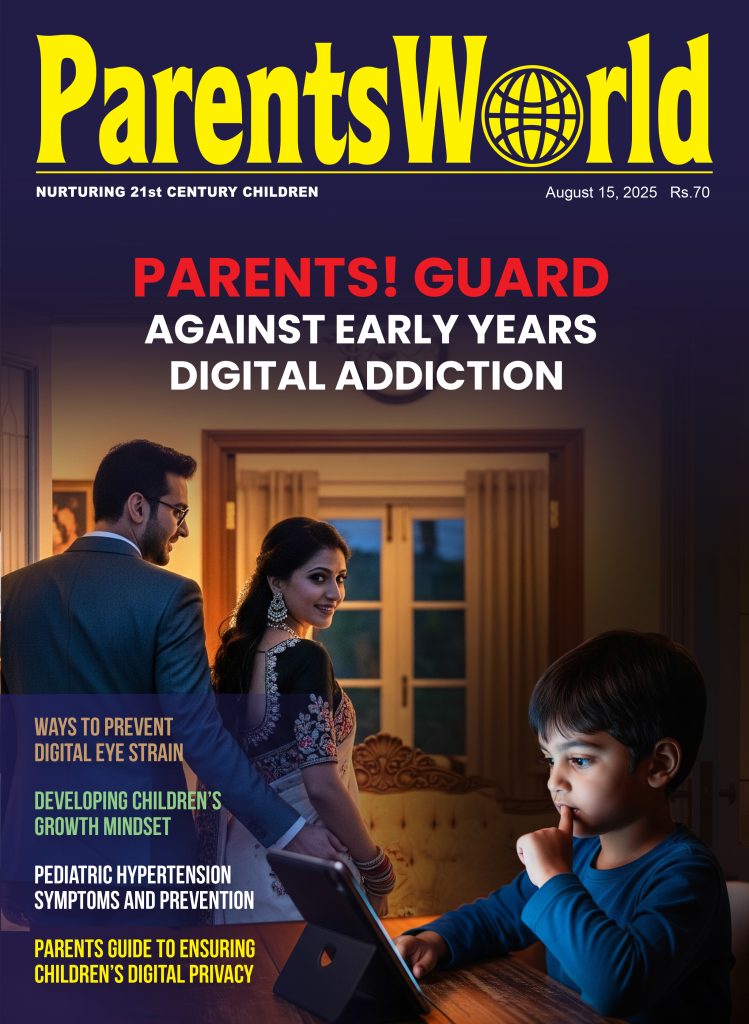Karnataka: Dangerous prescription
With the academic year ended and bills and notices for the new school year starting in June/July, arriving in their homes, middle and upper middle class parents in Bangalore are up in arms against varying increases in school fees announced by the citys estimated 1,200 private schools. As the global economic meltdown begins to impact the hitherto robust Indian economy, a cloud of uncertainty is hovering over business and industry as also over the citys high spending IT professionals.Against this backdrop, parents with school-going children are enraged that most private school managements have increased tuition fees for the new academic year by 10-40 percent. On February 28, 800 parents of children enrolled in the citys CISCE-affiliated Deccan International School, staged a road blockade before the school campus protesting the managements decision to increase the annual tuition fee by 40 percent, an increase of Rs.6,000-8,000. Moreover principals offices and editorial offices of daily newspapers and internet blogsites are flooded with protest letters from irate parents.
Comments the father of two girls studying in a CISCE school in the city, which issued a circular hiking monthly tuition fees from Rs.1,500 to Rs.2,100: Because of the economic recession, my company has imposed a pay cut on all employees and Im taking home almost Rs.7,000 less per month. To increase fees by more than 20 percent at such a difficult time is very insensitive of the school management. Moreover, apart from the tuition fee, there are costs of transportation, books and stationery, and other incidental expenses which need to be added. We have formed a parents forum and plan to take up the matter with the school management.
However, a cross-section of principals EducationWorld spoke to believe its much ado about nothing, as its standard practice for all private schools to raise tuition fees by 10-15 percent every year. My advice to school managements is to raise tuition fees by 5-10 percent annually rather than by 30-40 percent every three years. Yet higher tuition fees are inevitable because annual maintenance and infrastructure expenses are rising, and we are under constant pressure to invest in teacher training and ICT equipment. All this costs money. Parents cant have it both ways; for quality education they should be willing to pay the price, says Anu Monga, principal, Bangalore International School and president of TAISI (The Association of International Schools of India).
Whats left unsaid in all the debates about rising private school fees is that middle class parents always have the option to enrol their children in free-of-charge local government schools. Yet total secession of the pan-India English speaking middle class from the state school system is a glaringly curious characteristic of contemporary Indias education system. Despite state schools being funded by taxpayers, the great Indian middle class is conspicuously uninvolved with the reform or upgradation of government schools. Consequently the countrys 1.19 million free government schools, perforce attended by children of the poor, are left to the mercy of state and local government bureaucrats who short-change poor children by imposing under-developed vernacular languages as the medium of instruction, prescribing shoddy textbooks, providing pathetic infrastructure and appointing under-qualified kith and kin as (usually absentee) teachers.
Incensed about the latest round of school fee rises, a growing number of Bangalores middle class parents are soliciting government regulation of private school admissions and fees. But thats a remedy worse than the disease because its certain to dumb down private schools — Indias few islands of academic excellence — to the level of state schools which are being deserted en masse by even the countrys poorest households.
Debolina Sengupta (Bangalore)


















Add comment